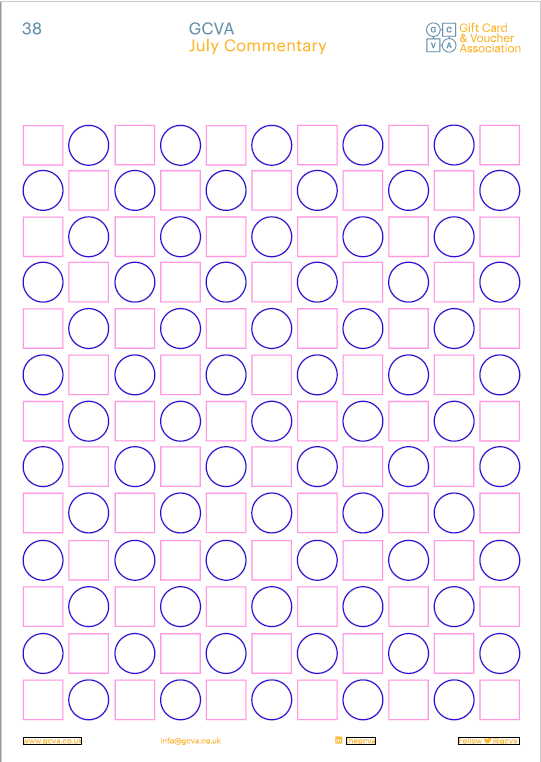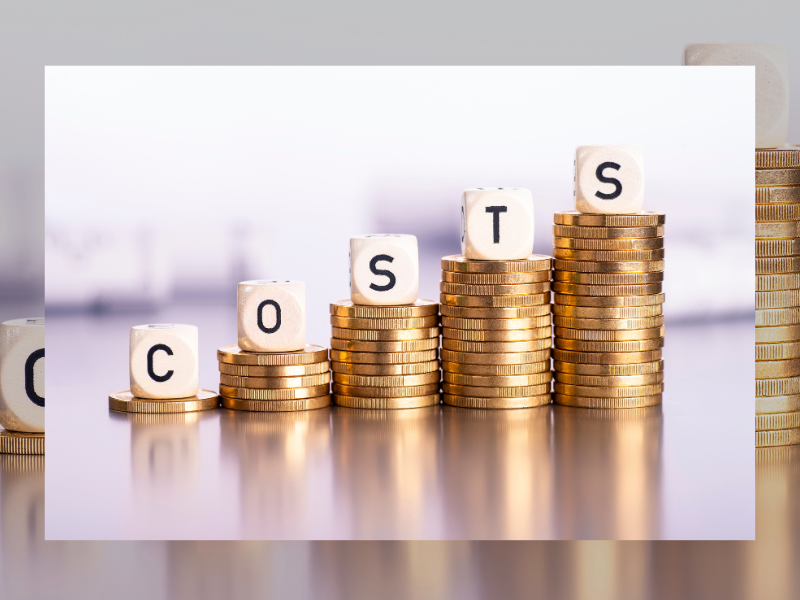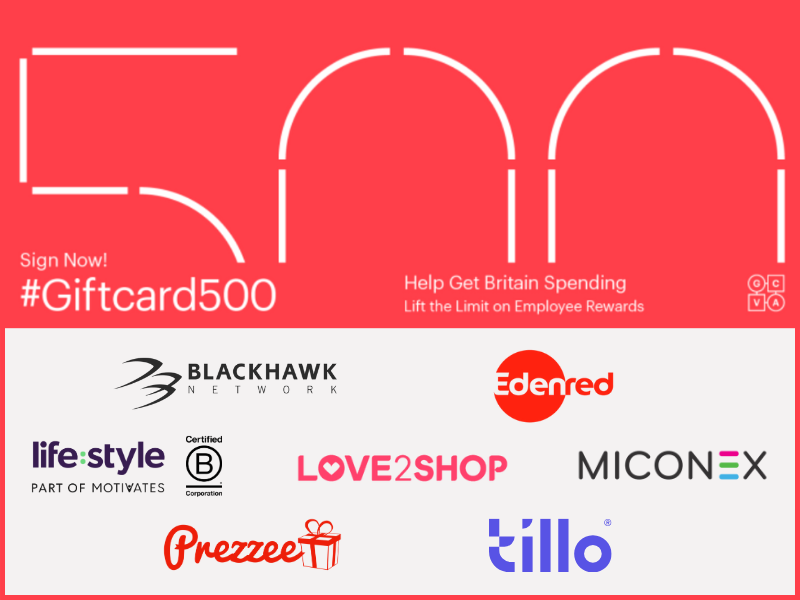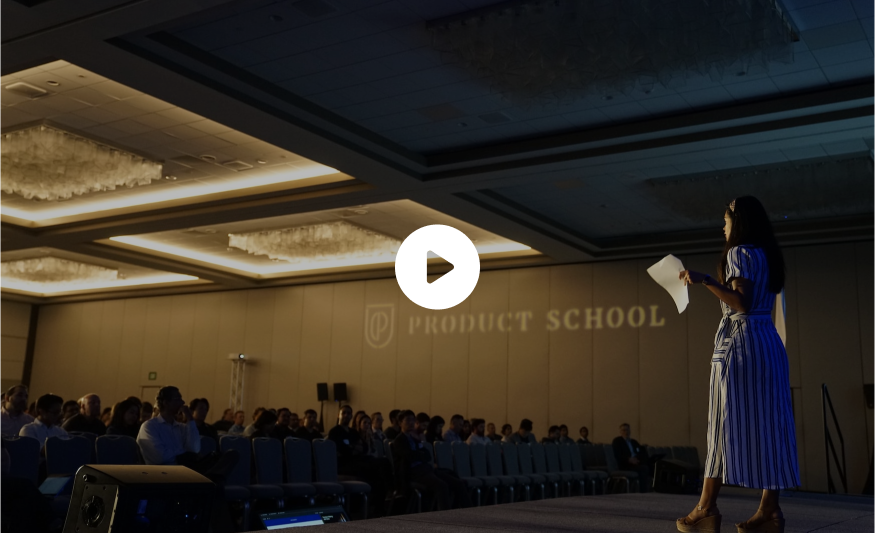By
Nikki
Aug 28, 2018
Welcome to the experience economy, where people care less about material things and more about exceptional, memorable interactions. Last year, searches for experiences rose by 58% and memory has now become the product. We spoke to the award-winning market leader Virgin Experience Days to find out what’s driving the trend, and how brands can win in the experience economy.
As Jeff Bezos says, “your brand is what other people say about you when you’re not in the room.”
How would you sum up the Virgin brand in three words?
Trusted, Curious, Delightfully Surprising, Relevant (and not playing by the rules!)
Your consumer business arm has grown by an incredible 140% over the past four years. What’s
driving the consumer shift from buying stuff to spending it on experiences, and who is shopping?
A lot has been written about the rise of the experience economy. The shift from materialism to experientialism is driven by a desire from younger generations looking for happiness, status and meaning in shared experiences rather than the fleeting gratification gained from owning stuff.
There’s no doubt millennials are the driving force behind the experience economy. Our recent research* shows 18-24 year-olds are 14% more likely than average to purchase experiences, with social media and reality TV programmes influential in shaping this shift towards choosing fun over fortune.
However, the shift from coveting stuff to craving the togetherness and authentic connections that new experiences bring is evident across the generations and this is reflected in the experience day customer base.
What current trends are you seeing?
The experience sector is growing at an unrivalled rate as people are exposed to new experiences, through opportunity and social media. We’ve seen a huge spike in interest for people wanting to explore their creative side with new skills including pottery workshops, calligraphy classes and glass making for example. Eating out is the nation’s most popular leisure activity and the rise of immersive dining is a particular strong trend. These are fun, dining adventures or craft spirits tasting with a strong theatrical theme and are particularly popular gifts. We’ve also seen a huge appetite for our vegan afternoon tea products, with site searches up 89% year-on-year.
UK short breaks remain a popular choice, particularly ‘stay and explore’ experiences which combine one or two nights in a hotel with an opportunity to explore local activities and dining experiences. Work life balance is increasingly under pressure and people crave the opportunities to really switch off, slow down and explore like a local, which taking a short break gives them.
Your new report with Hitwise shows extreme sports were the fastest rising category in 2017, up 18% - how have you responded to this?
Niche, novelty and adventure activities are rapidly growing as our customers are looking for escapism and becoming more imaginative. We’ve seen a surge in popularity of adrenaline fuelled experiences such as sky diving, flying a helicopter, coasteering and wing walking. In 2017 we launched the
world’s first VR Skydive. A trend towards new, interactive adventures including Escape Rooms and Zombie Apocalypse experiences has also expanded our adventure experiences offer.
You recently won an award for your sales growth, emotive marketing campaigns and innovative use of technology, including the launch of the world’s first VR skydive experience. What were the challenges in launching this?
We identified a trend for VR experiences as a new form of escapism. Our world first VR Skydive experience gives people of all ages and risk adversities the chance to experience what it’s like to jump out of an aeroplane while under expert supervision in a wind tunnel. The immersive experience creates an intense level of realism by using VR technology and actual wind pressure in the tunnel, so participants can experience the physical sensation of sky diving.
Ensuring a seamless customer experience is always a priority for us, so a major challenge when introducing this new experience was to work closely with the operators to make sure it didn’t disrupt business as usual with the popular Indoor Skydive events. Working closely with our technology partner and the tunnel operators we developed the technology, the camera pass-through and remote control of the experiences to seamlessly integrate VR Skydive as an add-on opportunity for all indoor skydivers to enjoy.
What brands have impressed you and are ahead of the game?
Netflix is a great example of a brand that is customer obsessed. UNiDAYS for challenging the student rewards and benefits market by developing a mobile first business and changing the way brands communicate with today’s students. And Virgin Money, for challenging the status quo of arguably the most established financial service, the banking sector, and putting customers and colleagues first, creating a brand people want to be a part of. No other bank resonates with customers in such a way that sees them sticking around in Virgin Money Lounges across the UK. It’s no surprise to me that CBYB will rebrand the combined businesses under the Virgin Money name.
How can retailers adapt to meet consumers’ growing desire for a personal connection? Should we be thinking long-term to build customer loyalty, e.g. reward programmes, educational and community events & competitions?
Absolutely. Successful retailers obsess about their customers, they know them well and understand when those customers want to interact with them. Customer data is essential to understand consumers and put them first by personalising the experience and communicating with them at the right time and place. Live Chat is an area many retailers are focusing on at the moment. No one likes to have to call a business and being limited to make that call during office hours is impractical for many. Done properly, always-on live chat is a fantastic tool for brands to ensure the customer feels cared for and supported. As retailers we must continue to build on this knowledge to anticipate trends and provide products or services consumers love, want to share and connect with.
What’s next for Virgin Experience Days and the experience industry?
As consumers continue to value fun over fortune we predict the experience economy will grow at a rapid rate. Challenges for the industry will include enhancing the product offer as experience consumers mature and all indications suggest people will demand more control over their work-life balance.







Share on social media